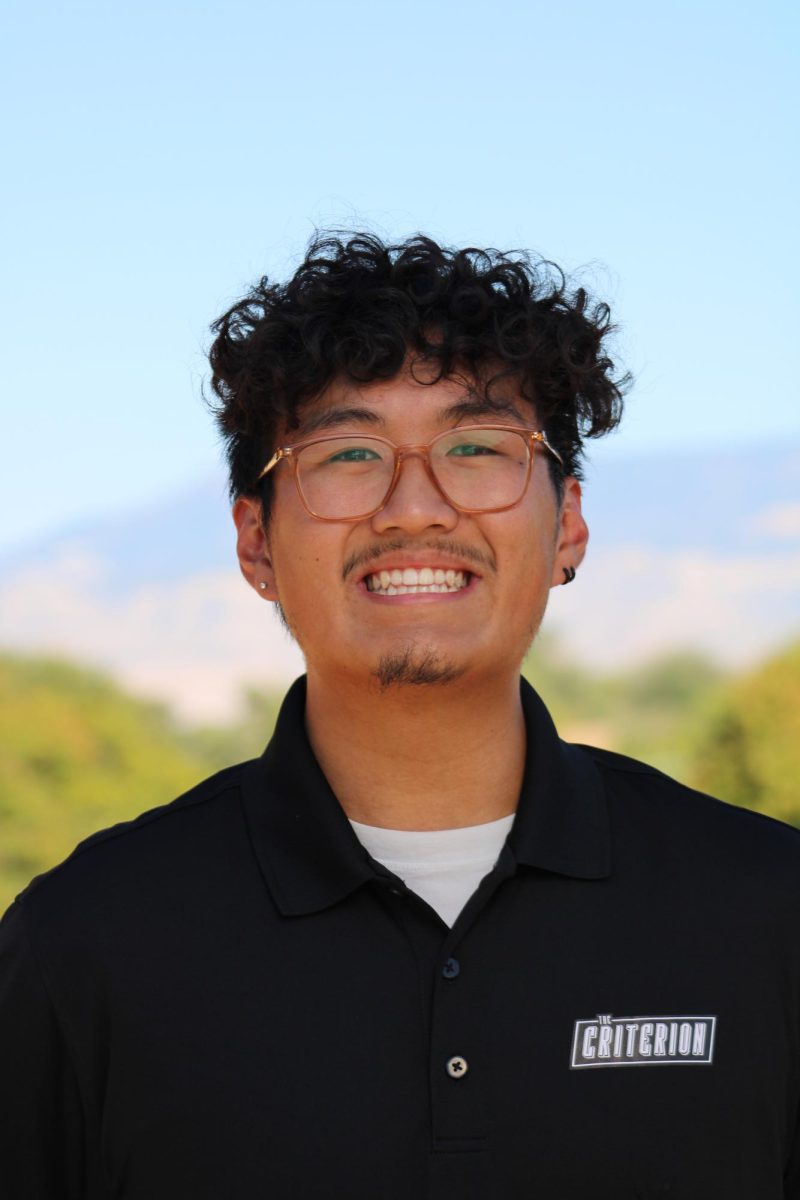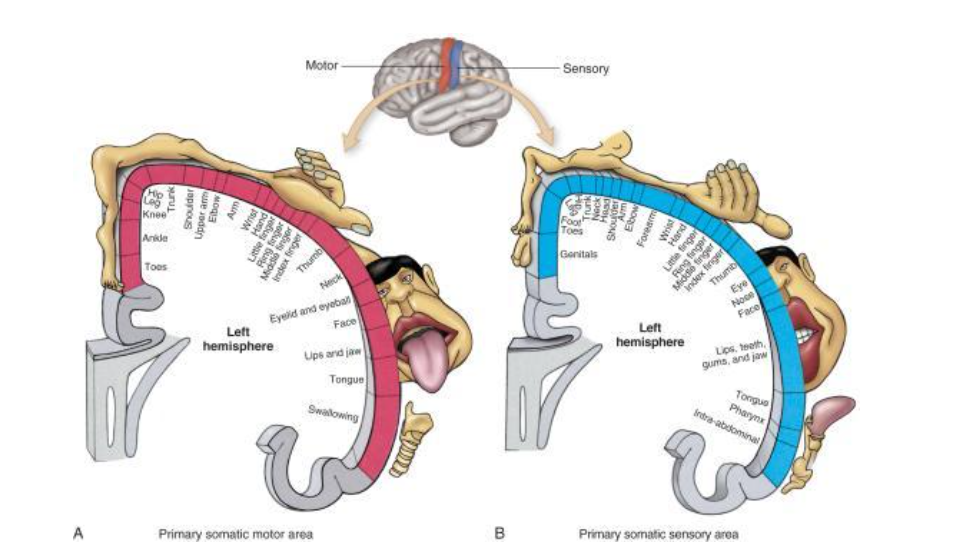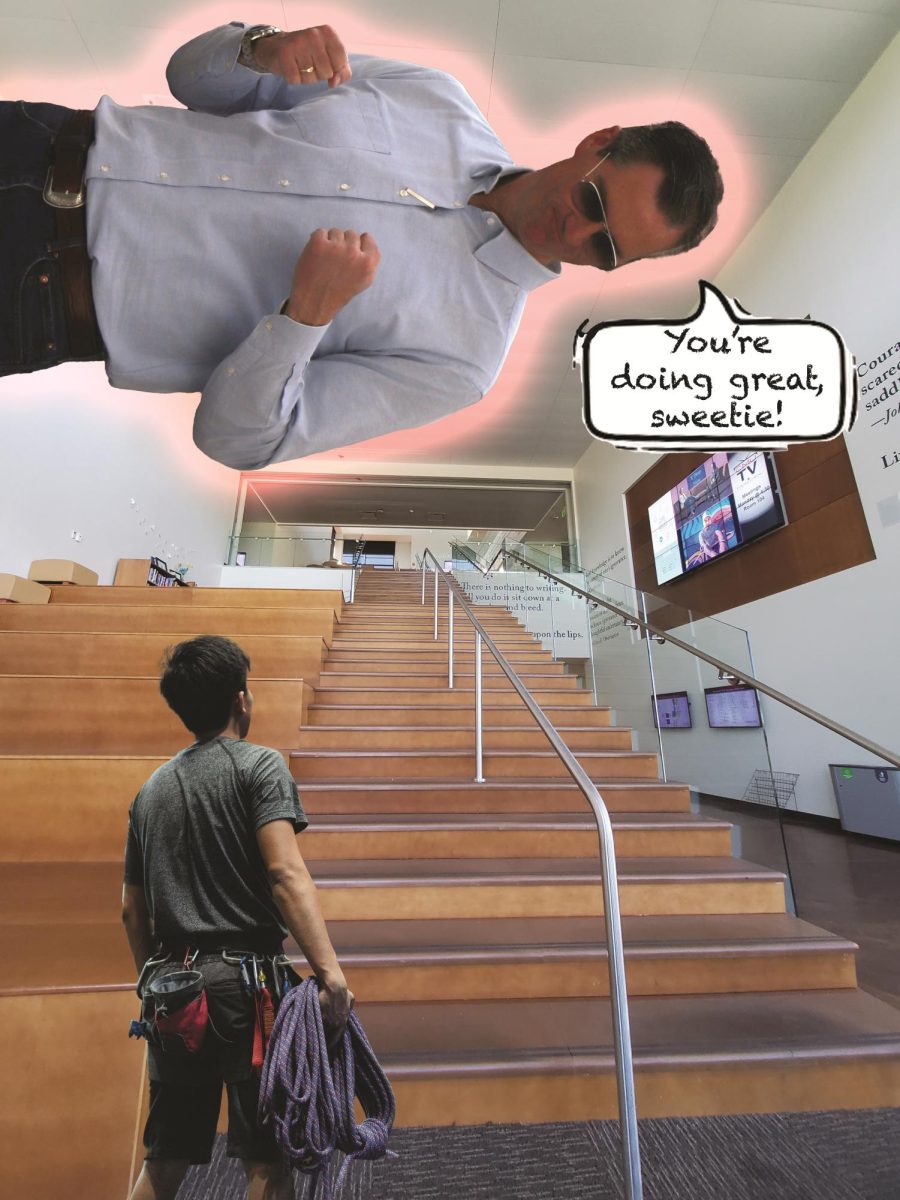by Caleb Quimby
With our new president chosen this past Tuesday, I felt now would be a good time to talk about minors and politics. Should minors have a right to discuss politics or candidates and express their thoughts about our new president or are they too susceptible to suggestion due to their lack of ability to fully participate in the democratic process?
Minors can’t vote in our country because Americans have to be at least 18 years of age, but that doesn’t stop many from sharing their views on politics.
The First Amendment says, “congress shall make no law respecting an establishment of religion, or prohibiting the free exercise thereof; or abridging the freedom of speech, or of the press, or of the right of the people to peaceably assemble, and to petition the Government for a redress of grievances.”
The amendment states many important laws, but the main one that needs to be looked at is congress cannot abridge the freedom of speech. This applies to all Americans, even minors. So are minors able to say what they want to about a candidate or about this election? By law, yes, they have the right to say anything they want about politics.
But, should they share their opinions since they’re so susceptible to suggestion? I don’t think so. Minors shouldn’t have a say in politics because when I was a kid I would only agree with what my parents would say about the issues along with my friends.
Most kids aren’t informed enough about issues; they will just agree with what an adult says. The research center, Gallup, conducted a study where they released a survey asking teens what their political and social views are compared to their parents.
“While a fifth of U.S. teens say they are ‘more liberal’ than their parents and 7% say ‘more conservative,’ 7 in 10 teens say their social and political ideology is about the same as mom and dad’s,” Linda Lyons, education and youth editor for Gallup, said.
What was able to be gathered from this study is that minors almost always follow who their parents follow. There might be a few teens that disagree with their parents, but it’s such a small amount that there is no real traction for minors having a say in politics.
Social media plays a huge role in what minors think of politics as well. It molds their young minds to see politics how others are seeing it without having their own view. Tre Williams, a student at CMU, had some thoughts to share on this topic.
“I don’t think that minors are informed enough about issues in politics,” Williams said. “They might think they know what they are talking about because [of] what is presented in social media but they never check their facts.”
Most kids don’t want to worry about politics but when their parents are strong liberals or strong conservatives they are often forced to be brought into a world of politics. Kids are likely going to side with their parents because that’s how they grew up; this is one thing that is screwed up with American politics.
Kids follow what their parents follow unless they decide to rebel. So if politics are left out of a minor’s life, which I believe they should be, Americans will have the ability to choose their own political beliefs when they turn of age and will be more informed about the issues.







